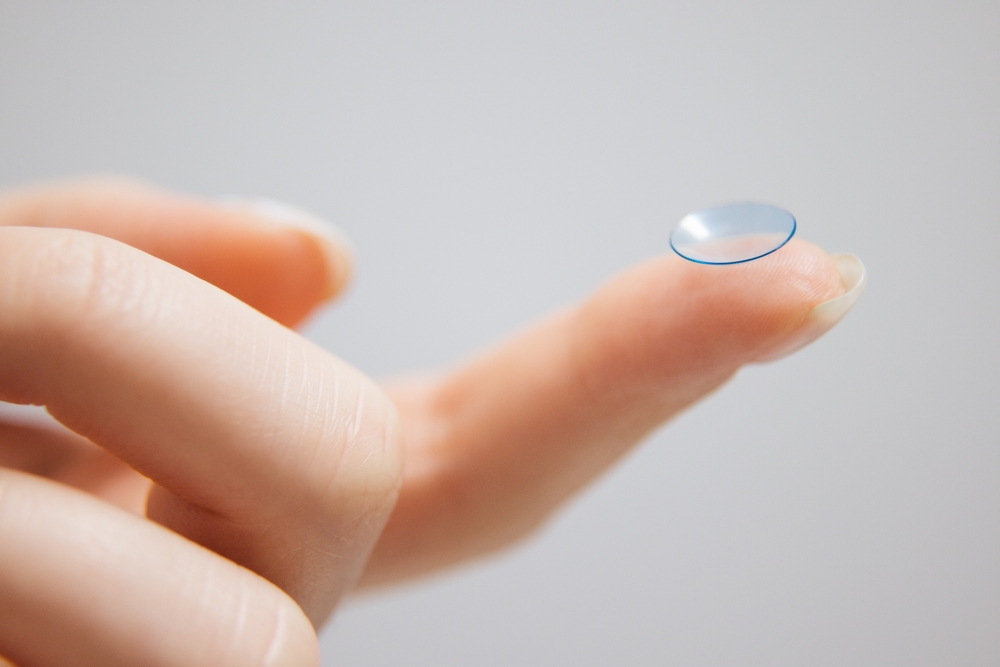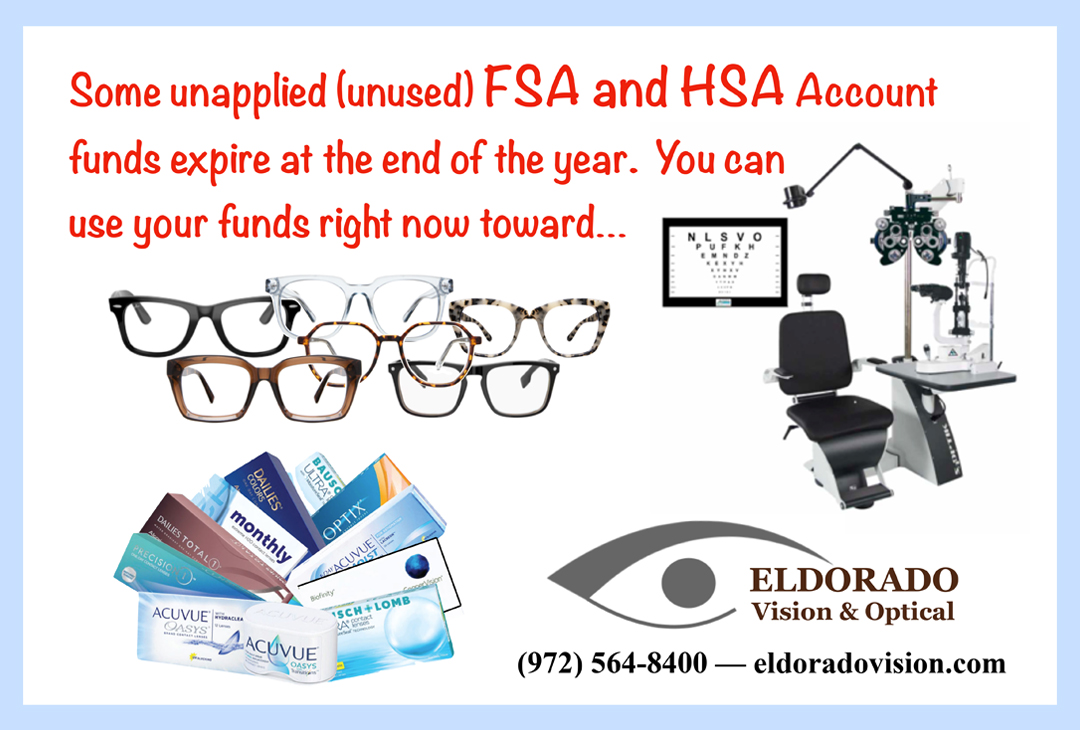
Wearing contact lenses is a convenient and effective way to correct vision, but it’s important to remember that they are medical devices, not just simple accessories. When cared for properly, contacts can provide clear vision and comfort all day long. However, poor hygiene, overwear, or skipping regular eye exams can put your eyes at risk for serious complications.
Hygiene: The First Step to Healthy Eyes
Good hygiene is the cornerstone of contact lens safety. Before handling your contacts, always wash your hands with soap and water, and dry them with a lint-free towel. Avoid lotions or oils before inserting your lenses, as these can transfer to the lens surface and irritate your eyes.
Proper Cleaning and Storage
If you wear reusable contact lenses, cleaning them correctly is non-negotiable. Always use fresh, multipurpose solution as recommended by your optometrist - never water or saliva. Gently rub and rinse the lenses as directed, then store them in a clean case filled with new solution. In the morning after you put in your contacts, rinse the case out with water and allow to dry before use that evening.
Lens cases themselves should be replaced every 1-3 months. Over time, cases accumulate biofilm and bacteria that increase the risk of infection.
Daily disposable lenses offer a great alternative since they’re worn once and discarded, eliminating cleaning and storage steps. Many patients find them healthier and more convenient.
The Dangers of Overwear
Contact lenses are designed to be worn for specific lengths of time. Overwearing lenses, whether it is extending daily wear into the night or stretching a two-week lens into a month, can starve the cornea of oxygen. This may cause eye redness, swelling, or even corneal ulcers, which can lead to permanent vision damage.
Sleeping in your contacts, unless they are specifically prescribed as extended wear, increases the risk of serious infection by several times. Always follow your replacement and wearing schedule exactly as prescribed.
Recognizing Warning Signs
Your eyes are good at letting you know when something isn’t right. Pay attention to signs like:
• Persistent redness or irritation
• Sudden blurry vision
• Sensitivity to light
• Pain or burning sensation
• Excessive tearing or unusual discharge
If you experience any of these symptoms, remove your lenses immediately and call our office. Acting quickly can protect your vision from long-term complications.
Lifestyle Factors That Affect Lens Health
Your daily activities can impact your eye health more than you realize. For example:
• Swimming or showering in lenses exposes your eyes to harmful microorganisms that thrive in water, such as Acanthamoeba, which can cause severe infections.
• Makeup and contact lenses should be applied carefully. Put lenses in before applying makeup and remove them before washing your face or taking makeup off.
• Environmental conditions like dry climates, air conditioning, or extended screen use can increase dryness and discomfort. Using artificial tears approved for contact lenses can help maintain comfort.
The Importance of Annual Eye Exams
Even if your vision seems fine, annual exams are critical. Your optometrist can detect subtle changes in your corneal health, check for dry eye symptoms, ensure your lenses are fitting properly, and update your prescription if needed. Skipping exams increases the risk of undetected damage or infection. At Eldorado Vision & Optical, we’ll also evaluate whether your current contact lens type still meets your needs or if newer options could provide greater comfort and vision.
Keep Your Vision Clear and Healthy at Eldorado Vision & Optical
Contact lenses can be a safe, effective, and comfortable way to enjoy clear vision - when they’re cared for properly. By practicing good hygiene, following your replacement schedule, and seeing your eye doctor regularly, you’ll reduce your risk of complications and protect your eyesight for years to come.
Reach out to Eldorado Vision & Optical to schedule your annual eye exam. Whether you’re new to contacts or a longtime wearer, we will ensure your lenses fit comfortably, keep your eyes healthy, and support your lifestyle. Visit our office in McKinney, Texas, or call (972) 564-8400 to book an appointment today.







